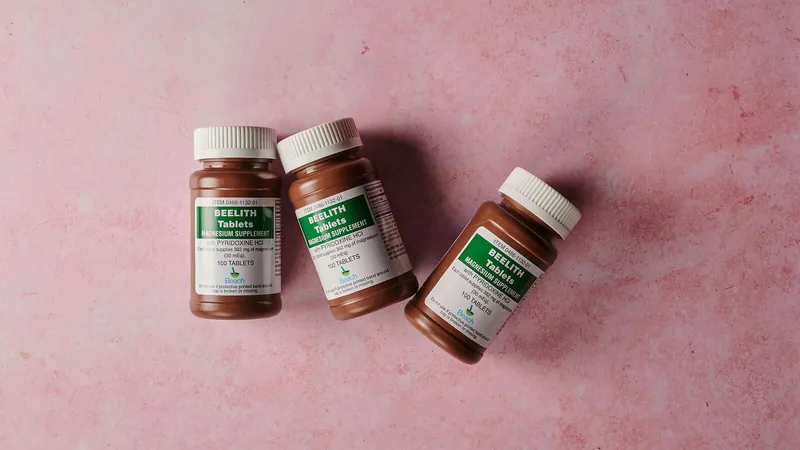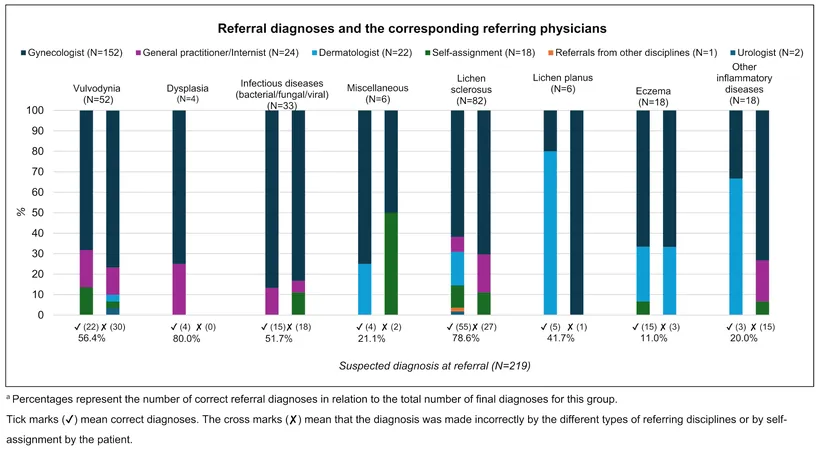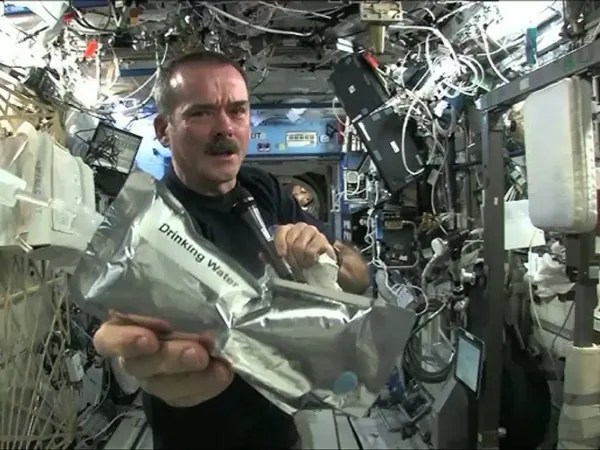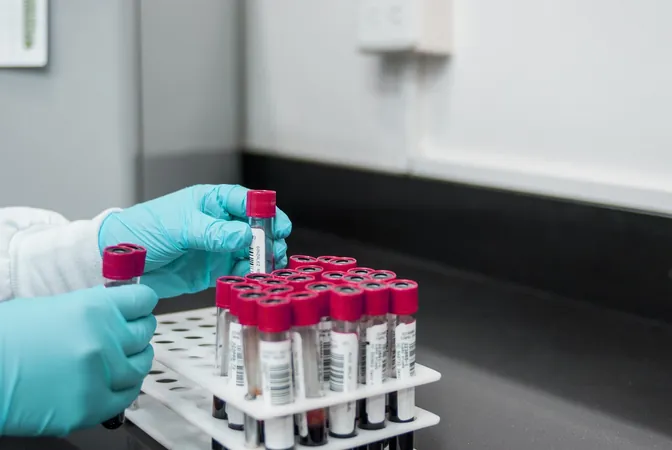
The Magnesium Boom: Are Wellness Startups Fueling a Health Craze That Could Be Harmful?
2025-01-22
Author: Sarah
In India, wellness and pharmaceutical startups are capitalizing on the soaring popularity of magnesium supplements, positioning the mineral as a cure-all for various lifestyle-related issues. However, medical professionals are sounding the alarm, urging consumers to exercise caution.
Companies like Tata 1mg, HealthKart, Hoop, and Wellbeing Nutrition have expanded their offerings to include an array of magnesium products such as gummies, capsules, lotions, and creams, riding the wave of increasing consumer interest. According to Avnish Chabbria, founder of Wellbeing Nutrition, this surge is largely driven by heightened awareness around magnesium's benefits, which are seen as critical for addressing modern urban problems like insomnia, stress, fatigue, and muscle cramps.
Wellbeing Nutrition recently launched a triple magnesium complex that has rapidly become a significant contributor to its revenue stream, representing 10-15% of total sales in just seven months. With ambitions to grow its retail and online sales significantly in the next few years, the startup is also broadening its product line to include magnesium-infused bath salts and skin care products.
Interestingly, magnesium has lagged behind other minerals like zinc in India's health supplement market, which was worth approximately ₹305 crore as of December 2022. Data from Pharmarack shows that magnesium sales were just ₹8 crore in December 2020, but they have accelerated dramatically, projected to reach ₹42 crore by December 2024, reflecting a staggering 50% compound annual growth rate.
Ketan Bhatia from Tata 1mg confirmed a doubling in demand for magnesium supplements over the past year, alongside a marked rise in magnesium deficiency testing, indicating a cultural shift towards health and well-being. "Health has become the new social currency," notes Shivam Hingorani, CEO of Ace Blend, whose newly launched magnesium capsules are already seeing impressive sales figures.
However, medical professionals are calling for caution amid this magnesium craze. Dr. Divya Gopal from the Sir HN Reliance Foundation Hospital pointed out the importance of magnesium for various bodily functions but cautioned that not everyone requires supplements. "Most people can get sufficient magnesium through their diet; supplements should only be taken if a deficiency is documented," Dr. Gopal warned.
Particular groups, such as those with kidney issues, should avoid high magnesium doses due to potential health risks. Both doctors emphasize the necessity of consulting a physician before starting any supplement regimen, including topical applications, to ensure safety and appropriate dosage.
As magnesium mania takes hold, the track record of success stories may obscure the risks associated with over-supplementation. Will consumers heed the medical community's warnings, or will the magnesium hype continue to influence a growing wellness market? The balance between health awareness and the real necessity of supplementation remains a critical aspect of this burgeoning trend.






 Brasil (PT)
Brasil (PT)
 Canada (EN)
Canada (EN)
 Chile (ES)
Chile (ES)
 Česko (CS)
Česko (CS)
 대한민국 (KO)
대한민국 (KO)
 España (ES)
España (ES)
 France (FR)
France (FR)
 Hong Kong (EN)
Hong Kong (EN)
 Italia (IT)
Italia (IT)
 日本 (JA)
日本 (JA)
 Magyarország (HU)
Magyarország (HU)
 Norge (NO)
Norge (NO)
 Polska (PL)
Polska (PL)
 Schweiz (DE)
Schweiz (DE)
 Singapore (EN)
Singapore (EN)
 Sverige (SV)
Sverige (SV)
 Suomi (FI)
Suomi (FI)
 Türkiye (TR)
Türkiye (TR)
 الإمارات العربية المتحدة (AR)
الإمارات العربية المتحدة (AR)